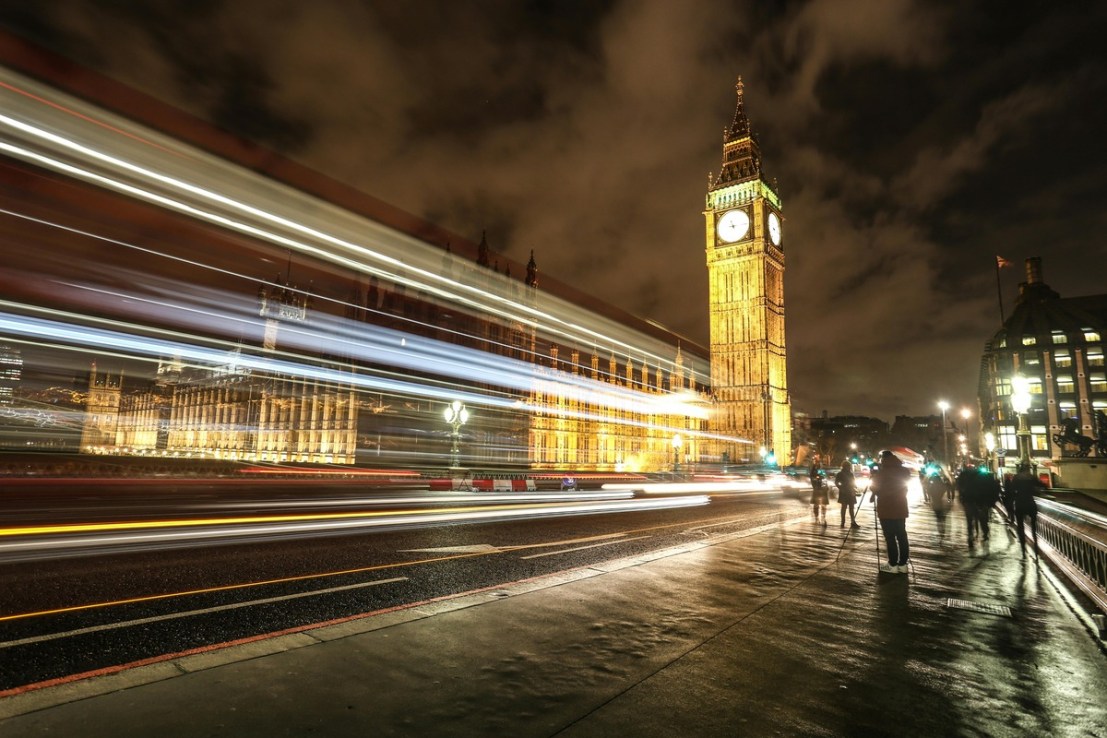‘Boomerang’ Londoners return to a city ‘on the brink of reinvention’
London's culture is drawing residents who left the city during the pandemic back to the capital.


According to the latest City Pulse report by Gensler, Londoners who left during the pandemic have started to return in greater numbers as the city’s efforts to reinvent itself post-pandemic start to pay off.
According to Ian Mulcahey, Global Director of Cities at Gensler, two key groups moved out of London during the pandemic. The first set were workers who moved out to help with costs and because they could work remotely. “A lot of those people are moving back [to the centre]… You know there’s only so long you can live with your mum and dad,” Mulcahey said.
A second set of older people decided to “cash in [their] chips, give up the job sell the house in in central London, buy a farm and a chicken and go live in Devon. Those people probably aren’t going to come back.”
Those people, too, will have the option of working remotely and coming to London occasionally, Mulcahey added.
The survey found that pollution concerns seem to be waning a little: Half of the respondents felt their cities have clean air, compared to 45 per cent in 2023. Fewer residents felt their city is too noisy—44 per cent in 2023 vs. 47 per cent in 2021.
More respondents, however, saw their city as “too big” – (43 per cet in 2023 vs. 36 per cent in 2021).
In London, this is unlikely to change: London’s housing crisis, for one, will see it continue to expand to outward and upward.
Mulcahey called “the one big negative” the housing and cost-of-living crisis.
A total of 52 per cent of London respondents to the survey said that they’re living paycheck to paycheck, compared to 29 per cent in 2021. That 23 per cent increase is the largest across the study. A staggering 77 per cent of London residents feel that living in their neighbourhood is not as affordable as it was a year ago.
“I think everywhere has got more expensive… the world over they’ve got higher interest rates and energy prices have shot up everywhere,” he said. ”So people are finding it pretty expensive to live in a city.”
London: A city on the ‘brink of reinvention’
Covid-19 brought a lot of changes to cities across the world. Hybrid office working has now become the norm, with most residents working from home at least one day a week.
A lot of developers have been asking what they can do with that surplus office space. “It’s so interesting to see the industries and communities that are actually starting to say: hey, we could use those buildings,” Mulcahey said.
“Just around our offices there’s a number of academic institutions looking at a vacant office and going well we could reinvent that and use it for teaching. Many developers look at building say: well, we can convert that into residential… You [can] see it at adapting before your eyes,” Mulcahey said.
When asked in 2021 whether they would recommend their city to someone else, Londoners gave the city a ranking of -10. It received a score of 17 in 2023, the biggest ratings jump for all fifteen cities surveyed, including New York and Paris.
“[The change] is very characteristic of London—without some sort of grand plan or clear instruction from a mayor or the government, [the city] reinvents itself,” Mulcahey said. It’s done that time and time again, and maybe that’s why London is one of the most vibrant cities in the world… because it is able to gradually reinvent itself after a crisis.”
Mulcahey, an urban planner, regularly travels to international cities for work. When he comes back to London, he is reminded that it is “the best city in the world.”
“Maybe I’m biased in that,” he said. “But in my mind, it is true to the principle of what makes a good city, which is that fusion of activity and use. There’s a kind of an anarchy to that, but it has a vibrancy. It has a sense that actually it isn’t stuck in time.”
“It’s a really extraordinary continuous process of evolution.” A perfect city is “able to adapt and change” he said. “You don’t want to freeze a city in aspic and say well, it can never change.”


